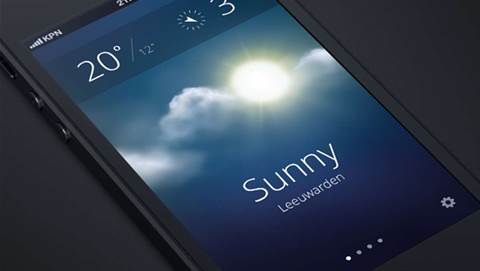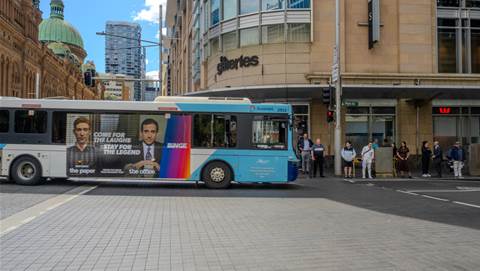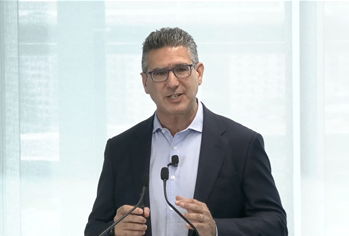Australia's Customs and Border Protection will install 92 facial recognition terminals in international airports as part of an $18 million deal with Portuguese smart-gate manufacturer Vision-Box.

The contract represents a switching of smart-gate vendors for Customs - Vision-Box rival Morpho had been the provider of choice to date for the agency.
Morpho delivered around 61 electronic gates at arrival terminals as part of a $53 million agreement with the border security agency that is due to continue out to 2019.
According to Austender, the value of the new deal could likely reach closer to $25 million if additional work orders and contract extensions materialise.
Customs had been testing the Vision-Box machine, which uses facial recognition technology to match travellers to their passports, against Morpho devices under the final stages of a $8.4 million, two-year trial of the competing technologies.
The 92 Vision-Box machines will be installed in departure terminals within Australia’s eight international airports, allowing users to scan their passport and continue through rather than approach an immigration official for processing.
The new machines represent an upgrade from the 'first generation' Morpho machines that Customs began installing back in 2007, explained an Immigration spokesman.
They come with the promise of performance and reliability improvements, and cut out the 'kiosk' stage of the process which continues to require arriving travellers to line up to recieve a ticket before proceeding to the smartgate itself.
The Vision-Box gates are already in use throughout Qatar airport, among others.
Immigration Minister Peter Dutton today said the investment was a response to the “very imminent threat we face from terrorism”, and that automating the passport check would “allow customs and border protection staff to concentrate on those threats at our borders”.
He said some initial "glitches” with the new system had now been ironed out, allowing the implementation to proceed.
According to Custom’s smartgate privacy policy, the biometric data captured by the machines can be exchanged with a range of Australian security agencies such as the AFP, state and territory police, the Department of Agriculture, the Department of the Environment, AUSTRAC, and overseas customs and immigration authorities, among others.
The Commonwealth is also currently working to expand the types of biometric data it can collect - including fingerprints and iris scans - from citizens and travellers.


_(5).jpg&h=140&w=231&c=1&s=0)
.png&h=140&w=231&c=1&s=0)





.png&w=100&c=1&s=0)

 iTnews Benchmark Security Awards 2025
iTnews Benchmark Security Awards 2025
 Digital Leadership Day Federal
Digital Leadership Day Federal
 Government Cyber Security Showcase Federal
Government Cyber Security Showcase Federal
 Government Innovation Showcase Federal
Government Innovation Showcase Federal
 Digital NSW 2025 Showcase
Digital NSW 2025 Showcase












_(1).jpg&h=140&w=231&c=1&s=0)



